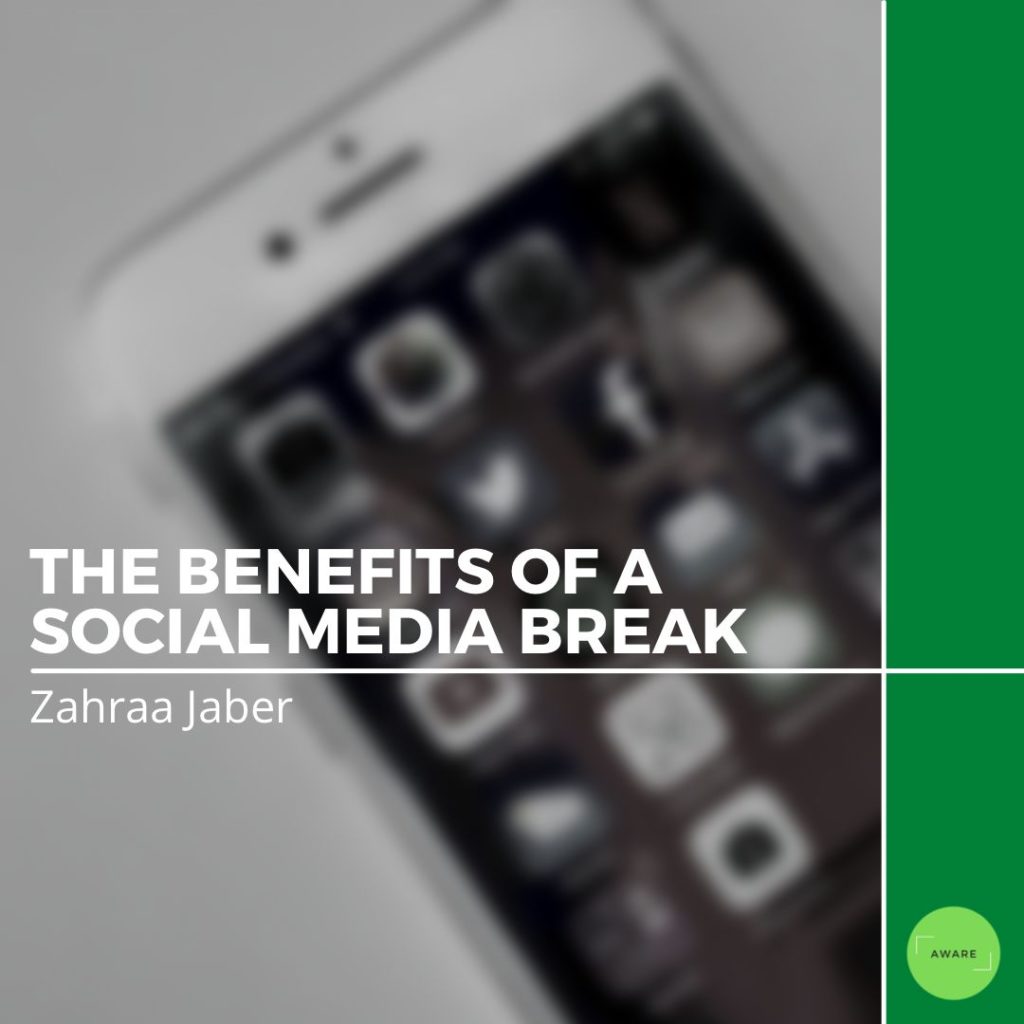What would your mental health look like in a world without social media? Pretty hard to imagine, right? Many of us are so mixed up with our social accounts that it can be difficult to remember what we did before the feed. There are plenty of upsides to the connections we can create online, but how do we find balance with the constant fight for attention from friends, family, celebrities, and brands?
How Social Media Affects Mental Health
Since it is a relatively new technology, there is little research to establish the long-term consequences – whether good or bad – of social media use. However, multiple studies have found a strong link between heavy social media use and an increased risk for depression, anxiety, loneliness, self-harm, and even suicidal thoughts. Social media may promote negative experiences such as –
- Feeling inadequate about your life or appearance
- Experiencing the fear of missing out (FOMO), which triggers anxiety
- Increasing the feelings of loneliness
- The more you prioritize social media interaction over in-person relationships, the more you are at risk for developing or exacerbating mood disorders such as anxiety and depression
The Vicious Cycle of Unhealthy Social Media Use
- When you feel lonely, depressed, anxious, or stressed, you use social media more often, mostly as a way to relieve boredom or feel connected to others.
- Using social media more often, though, increases FOMO and feelings of inadequacy, dissatisfaction, and isolation.
- In turn, these feelings negatively affect your mood and worsen symptoms of depression, anxiety, and stress.
- These worsening symptoms cause you to use social media even more, and so the downward spiral continues.
The Benefits of a Social Media Break
Here are some benefits of taking a break from social media.
- Better sleep: A 2020 study found that the fear of missing out, known as FOMO, drives nighttime use of social media, causing sleep disturbances and sleep difficulties.
- Reduces stress: A 2018 study found that abstaining from social media use for about a week reduced stress in both typical and excessive social media users.
- The authors of a 2019 study note that common social media behaviors, such as constantly checking for messages and addictive use of social media are risk factors for anxiety, depression, and psychological distress.
Social media has become a significant part of many of our lives. It offers a range of benefits, but it can also have detrimental effects. Research suggests that taking a social media break may have positive effects on our mental health and wellbeing.
